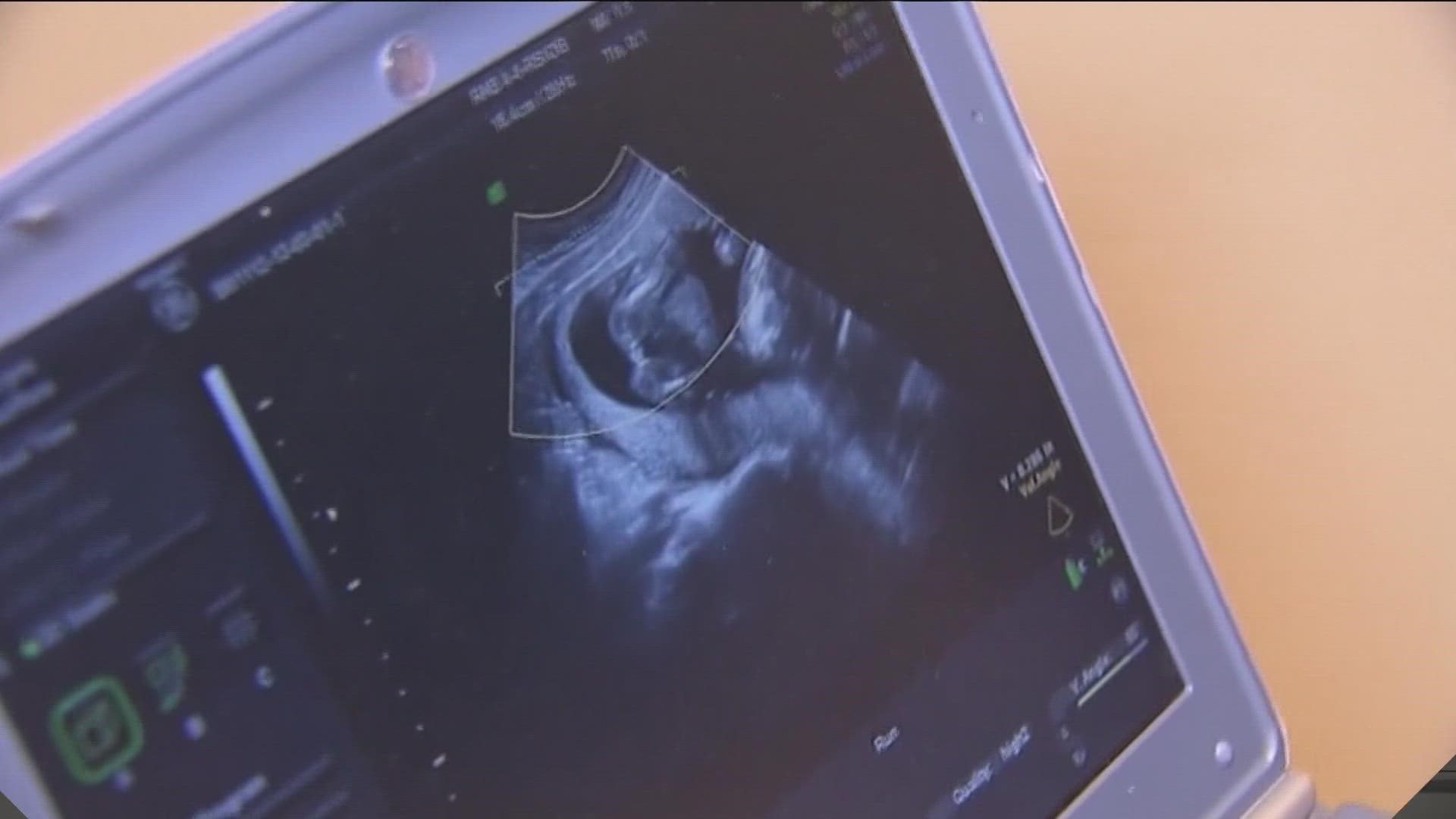AUSTIN, Texas — A new report shows about one in five Texas OB-GYNs have thought about leaving because of the state's abortion ban.
Manatt Health, a legal and consulting service for the health care system, released the report on Tuesday morning.
It surveyed OB-GYNs based in Texas and found that 29% of physicians don't feel they have a clear understanding of the state's abortion laws and only 28% believe they have adequate support in navigating patients' questions and concerns.
In Texas, abortion is banned unless the patient's life or a major bodily function is at risk. But doctors have raised concerns about the law, saying it isn't clear enough on what actually qualifies as a threat to the life of the pregnant patient.
Manatt Health's report also states that 21% of physicians surveyed said they have thought about or are planning to leave Texas to practice in another state. A much larger percentage, 76%, said they believe they can't practice medicine according to best practices or evidence-based medicine, and 60% said they fear legal repercussions from practicing evidence-based medicine.
Seventy-one percent of physician respondents said they "strongly agree" or "agree" with the statement, "The Texas abortion laws have had a negative impact on my practice."
"I am just waiting to be imprisoned for something that likely would be saving the life/uterus/ reproductive health of my patient," one respondent said in their free-response. "I could not help [but] cry in front of my patient when, for the first time, I had to say, 'I am sorry that I cannot take care of you and I cannot even help you find someone else who can take care of you.'"
Another respondent said they retired earlier than they originally intended because of the overturning of Roe v. Wade, which prompted the Texas ban to go into effect.
"I was fortunate enough financially to be able to retire when the SCOTUS overturned Roe," they said, adding, "I had originally planned on working at least 10 more years, but I didn’t want to risk fines or imprisonment in order to practice ethical medicine."
The Manatt Health report states that, in addition to threatening the stability of the future of the OB-GYN workforce pipeline, state actions to ban or significantly restrict abolition care have led to worsening outcomes for pregnant patients and infants and added burden on the current reproductive health care workforce.
To learn more, check out Manatt Health's full report.

